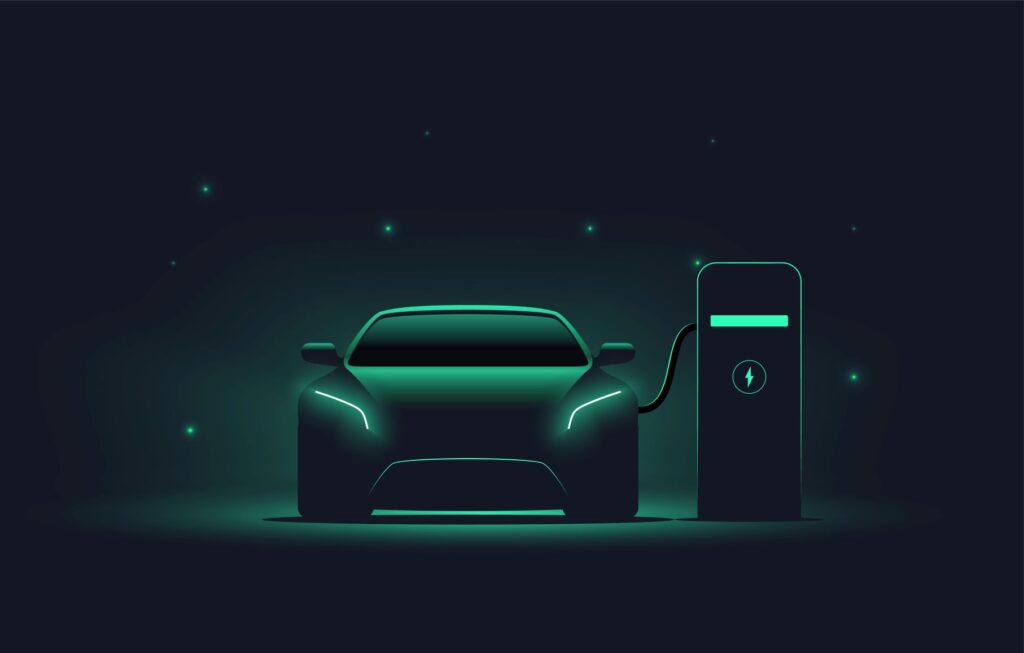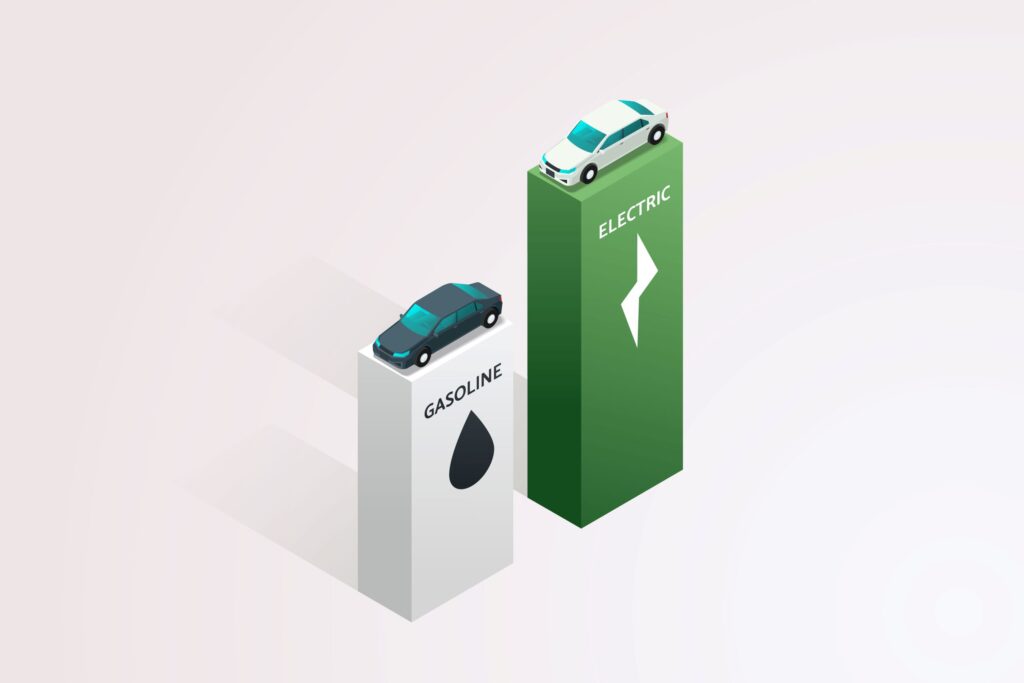Will electric vehicles ever replace fuel or gas-powered vehicles?
This is the billion-dollar question that we all have on our minds! And we’d all like to hear an answer. There is much talk about how Electric Vehicles (EVs) are the future. Of course, they are the future, but this future is still further away.
But why do we see this shift towards electric vehicles?
Automobile manufacturers, in the future, are about to experience the cost benefits of producing electric vehicles. Several analysts predict that the cost of manufacturing batteries will decrease, leading to a drop in electric vehicle prices. Lithium-ion batteries are essential for electric cars. These batteries contain Lithium, the lightest metal and the least dense solid element among other metals. A lithium battery gets charged faster, lasts longer than other batteries, and has a higher power density for a longer battery life, which is why lithium batteries are considered the ideal power source for electric and hybrid electric vehicles. Countries are producing batteries in large numbers to cope with the cost and production of electric vehicles.
Maharashtra’s EV policy aims to bring approximately 1,46,000 EVs on the road by 2025. They plan to incentivise 100,000 e-two-wheelers, 15,000 e-autos, 10,000 cars and 20,000 goods carriers.
The government of India has been importing materials which increase the cost of batteries, increasing the cost of electric vehicles. This problem can be solved if companies in India recycle Li-ion batteries, as this will lessen the burden of manufacturing new ones.
LICO is a Li-ion battery recycling company in India. LICO recycles the Li-ion batteries by separating materials like plastic, steel, aluminium and copper foil, and black mass through shredding and crushing. Further, LICO processes the black mass to extract compounds of Lithium, Cobalt, Nickel, and Manganese. These battery raw materials are given back to the manufacturers so they can use them in their battery production. This process means that recycling companies such as LICO can help reduce costs and also help protect nature.
Under the Make in India initiative, India has scaled up its production of batteries and will soon become the hub of battery manufacturing. The government in support has incentivised local production and removed the incentive for the import of electric vehicles.

Is this the only reason why most automobile companies lean towards electric vehicles?
The world has faced a tough time because of Covid 19; many countries implemented lockdowns. A few months of lockdown made people notice the change in the environment. The environment was getting better! It felt like nature was healing. Was it because no vehicles were running on the road?
The stats show that 80-90% of fuel cars are responsible for degrading the environment as it releases a significant amount of nitrogen oxides, carbon monoxide, and other harmful components. Every year, 2.5% of greenhouse gases are transmitted through vehicles globally. According to the Swiss organisation IQAir survey, out of 30 polluted cities in the world, 22 cities are from India. Now, this is a big concern!
Environmental damage has been a concern for every country’s government, and the EV revolution can reduce some tension for them. The real issue will get solved if electric cars are used instead of fuel or gas-powered vehicles because electric cars do not discharge any toxic elements in nature.
The primary reason for the automobile industry to shift towards electric vehicles is to protect nature from the toxic elements released by fuel or gas-powered vehicles. In addition, gas-powered vehicles require substantially higher maintenance costs than electric ones. In 2020, 10 million battery electric cars will be on the world’s roads. And as per a study, by 2025, the electric vehicles market will be worth around INR 475 billion.
So to answer whether electric vehicles will replace gas-powered ones, the answer is yes! But EVs have a long journey to complete. Elon Musk is the person who triggered the revolution of EVs way before anyone imagined it, with a clear vision. He wants every fifth car on the road to be electric by 2030. Not only Elon Musk’s Tesla but many big automobile companies are in the race to manufacture electric vehicles.
“We will not stop until every car on the road is electric”
– Elon Musk.
However, there are numerous factors that the government or manufacturers have to take care of, like setting up charging stations, decreasing vehicle costs, creating a proper supply chain, increasing mileage and more. Using battery electric vehicles is just an intermediate stage of forming a mobility model based on self-driving cars and automation. The future of electric vehicles is beyond imagination.



